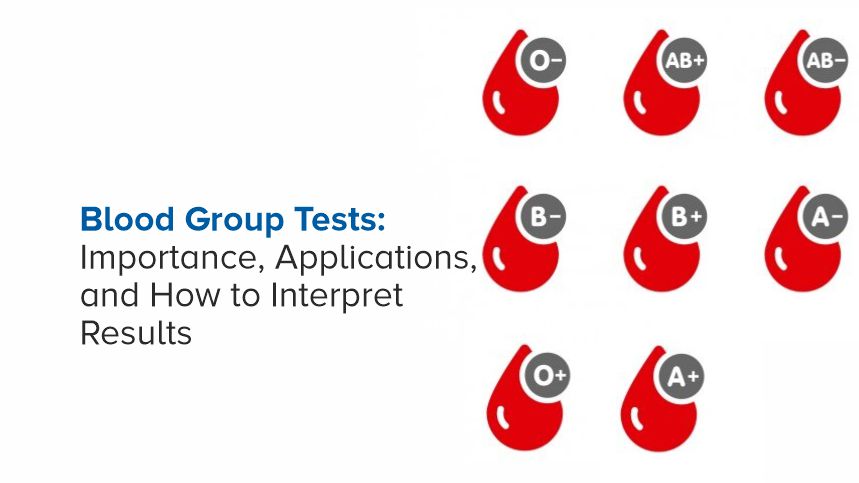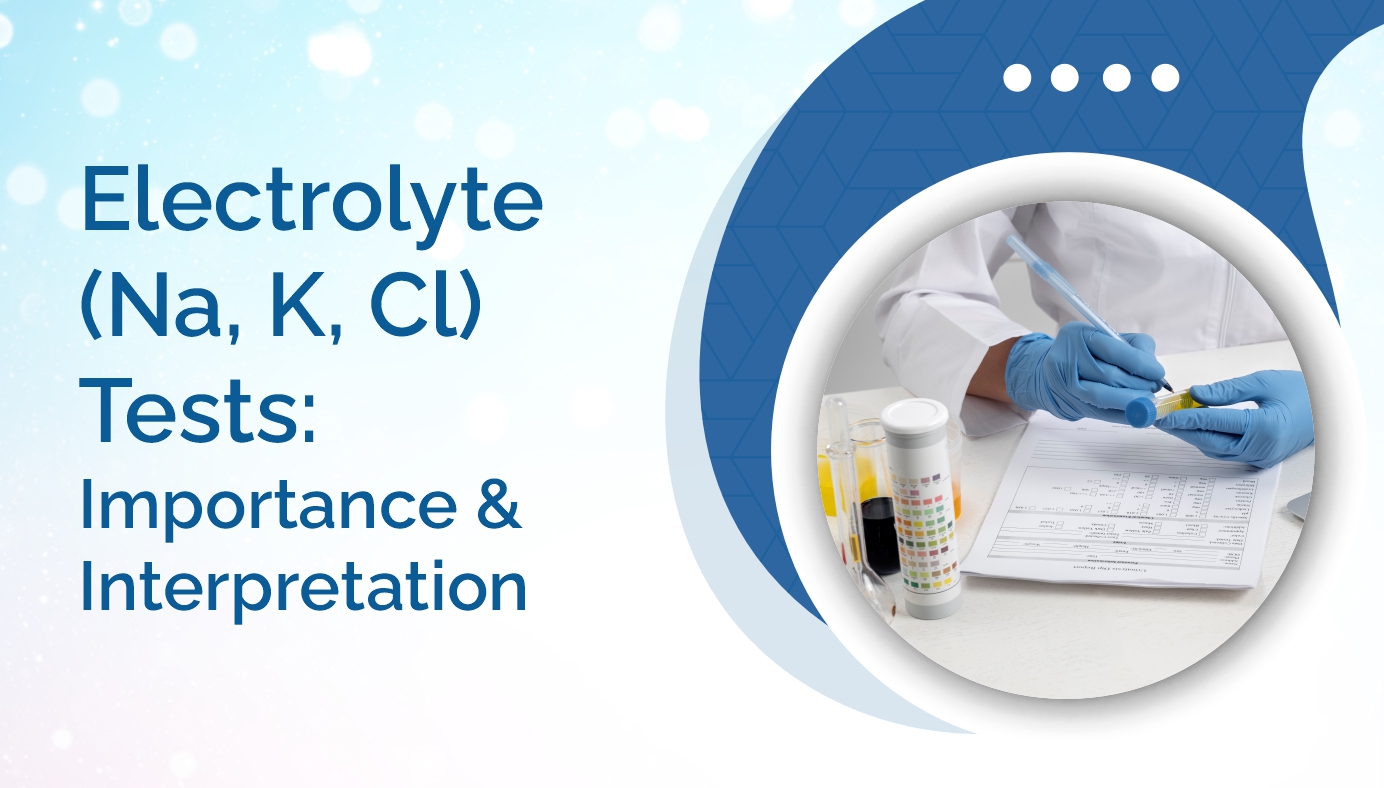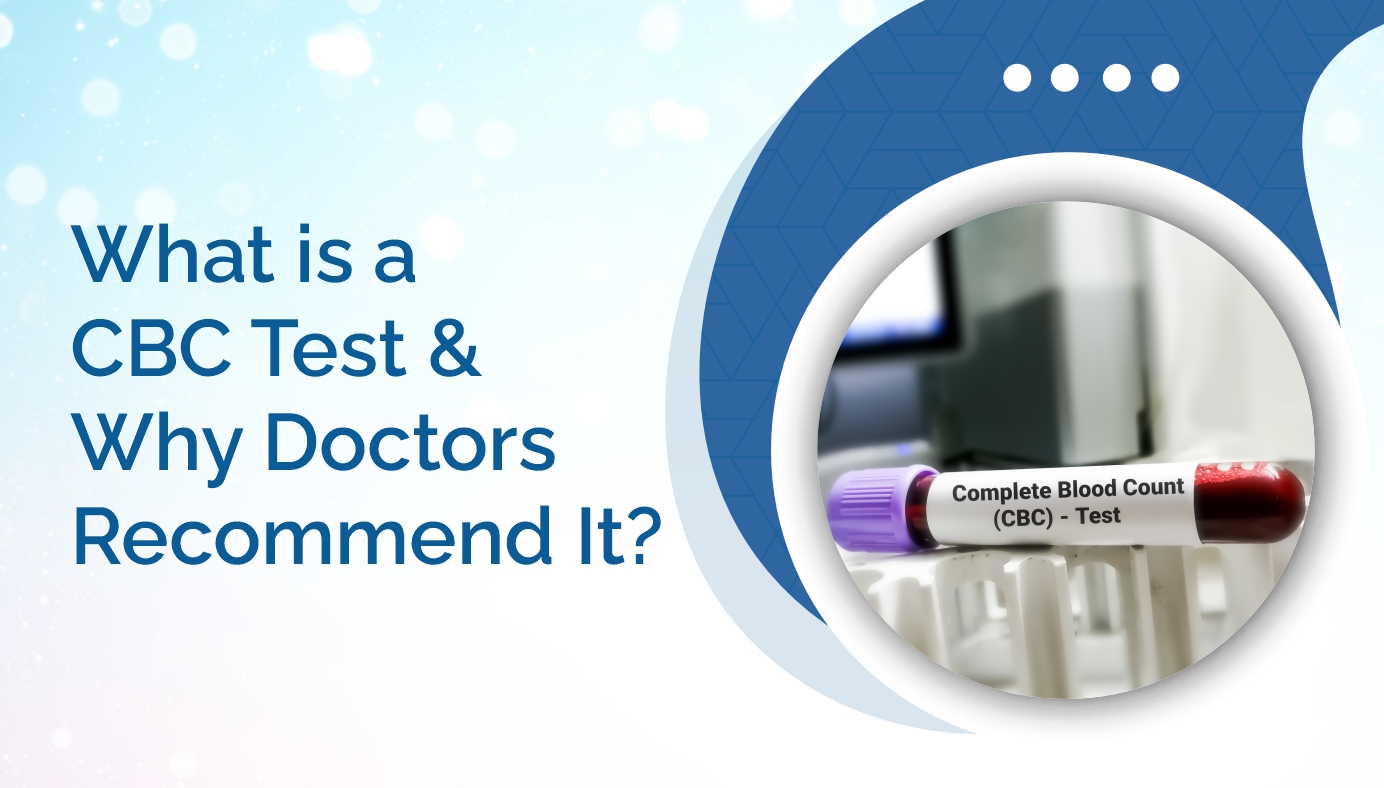


Condition
- Lifestyle Packages
- Lifestyle Packages
- Diabetes
- Diabetes
- Top tests
- Lifestyle Packages
- Top tests
- Top tests
- Lifestyle Packages
- Top tests
- Top tests
- Top tests
- Lifestyle Packages
- Infectious
- Preventive Health Checkup
- Diabetes
- Diabetes
- Preventive Health Checkup
- Top tests
- Top tests
- Heart Disease & Hypertension
- Lifestyle Packages
- Preventive Health Checkup
- Diabetes
- Diabetes
- Preventive Health Checkup
- Preventive Health Checkup
- Top tests
- Lifestyle Packages
- Diabetes
- Preventive Health Checkup
- Top tests
- Lifestyle Packages
- Diabetes
- Diabetes
- Diabetes
- Diabetes
- Diabetes
- Diabetes
- Preventive Health Checkup
- Preventive Health Checkup
- Diabetes
- Preventive Health Checkup
- Preventive Health Checkup
- Genomics
- Others
- Others
- Others
- Preventive Health Checkup
- Pulmonary / Infectious
- Diabetes
- Diabetes
- Others
- Preventive Health Checkup
- Others
- Preventive Health Checkup
- Top tests
- Others
- Genetics
- Others
- Gastrointestinal / Skeletomuscular
- Gastrointestinal / Skeletomuscular
- Others
- Others
- Others
- Others
- Others
- Others
- Others
- Others
- Others
- Others
- Others
- Others
- Others
- Others
- Others
- Others
- Others
- Others
- Others
- Others
- Others
- Others
- Others
- Others
- Others
- Others
- Others
- Others
- Others
- Others
- Others
- Others
- Others
- Others
- Others
- Others
- Others
- Others
- Others
- Others
- Others
- Others
- Others
- Others
- Others
- Others
- Others
- Others
- Others
- Others
- Others
- Others
- Others
- Others
- Others
- Others
- Others
- Others
- Others
- Others
- Others
- Others
- Others
- Others
- Others
- Others
- Top tests
- Top tests
- Top tests
- Top tests
- Top tests
- Top tests
- Top tests
- Top tests
- Top tests
- Preventive Health Checkup
- Top tests
- Top tests
- Top tests
- Top tests
- Blood Banking & Transfusion
- Lifestyle Packages
- Blood Banking & Transfusion
- Blood Banking & Transfusion
- Top tests
- Top tests
- Lifestyle Packages
- Diabetes
- Blood Banking & Transfusion
- Blood Banking & Transfusion
- Blood Banking & Transfusion
- Blood Banking & Transfusion
- Blood Banking & Transfusion
- Others
- Others
- Others
- Others
- Blood Banking & Transfusion
- Blood Banking & Transfusion
- Blood Banking & Transfusion
- Blood Banking & Transfusion
- Vitamin Deficiency
- Vitamin Deficiency
- Vitamin Deficiency
- Vitamin Deficiency
- Vitamin Deficiency
- Blood Banking & Transfusion
- Blood Banking & Transfusion
- Blood Banking & Transfusion
- Blood Banking & Transfusion
- Diabetes
- Diabetes
- Heart Disease & Hypertension
- Preventive Health Checkup
- Diabetes
- Preventive Health Checkup
- Preventive Health Checkup
- Diabetes
- Diabetes
- Heart Disease & Hypertension
- Top tests
- Heart Disease & Hypertension
- Diabetes
- Top tests
- Diabetes
- Heart Disease & Hypertension
- Lifestyle Packages
- Heart Disease & Hypertension
- Lifestyle Packages
- Heart Disease & Hypertension
- Heart Disease & Hypertension
- Lifestyle Packages
- Preventive Health Checkup
- Preventive Health Checkup
- Top tests
- Preventive Health Checkup
- Heart Disease & Hypertension
- Heart Disease & Hypertension
- Heart Disease & Hypertension
- Top tests
- Top tests
- Lifestyle Packages
- Heart Disease & Hypertension
- Heart Disease & Hypertension
- Top tests
- Heart Disease & Hypertension
- Preventive Health Checkup
- Diabetes
- Lifestyle Packages
- Heart Disease & Hypertension
- Top tests
- Heart Disease & Hypertension
- Heart Disease & Hypertension
- Diabetes
- Lifestyle Packages
- Preventive Health Checkup
- Diabetes
- Top tests
- Diabetes
- Allergy
- Heart Disease & Hypertension
- Diabetes
- Heart Disease & Hypertension
- Diabetes
- Lifestyle Packages
- Lifestyle Packages
- Top tests
- Preventive Health Checkup
- Lifestyle Packages
- Preventive Health Checkup
- Preventive Health Checkup
- Diabetes
- Top tests
- Heart Disease & Hypertension
- Preventive Health Checkup
- Top tests
- Heart Disease & Hypertension
- Lifestyle Packages
- Lifestyle Packages
- Diabetes
- Preventive Health Checkup
- Top tests
- Diabetes
- Top tests
- Preventive Health Checkup
- Preventive Health Checkup
- Preventive Health Checkup
- Diabetes
- Lifestyle Packages
- Lifestyle Packages
- Heart Disease & Hypertension
- Lifestyle Packages
- Heart Disease & Hypertension
- Lifestyle Packages
- Preventive Health Checkup
- Preventive Health Checkup
- Preventive Health Checkup
- Lifestyle Packages
- Top tests
- Lifestyle Packages
- Top tests
- Lifestyle Packages
- Top tests
- Diabetes
- Diabetes
- Others
- Blood Disorders
- Top tests
- Others
- Others
- Others
- Fever
- Fever
- Blood Disorders
- Blood Disorders
- Preventive Health Checkup
- Preventive Health Checkup
- Profile
- Kidney Disease
- Kidney Disease
- Diabetes
- Diabetes
- Heart Disease & Hypertension
- Preventive Health Checkup
- Lifestyle Packages
- Thyroid Disorder
- Diabetes
- Diabetes
- Diabetes
- Diabetes
- Diabetes
- Diabetes
- Diabetes
- Top tests
- Allergy
- Top tests
- Top tests
- Top tests
- Top tests
- Diabetes
- Top tests
- Diabetes
- Top tests
- Top tests
- Top tests
- Liver Disease
- Diabetes
- Top tests
- Vitamin Deficiency
- Top tests
- Top tests
- Liver Disease
- Top tests
- Top tests
- Top tests
- Anemia
- Anemia
- Anemia
- Diabetes
- Diabetes
- Anemia
- Top tests
- Top tests
- Top tests
- Preventive Health Checkup
- Thyroid Disorder
- Heart Disease & Hypertension
- Top tests
- Preventive Health Checkup
- Diabetes
- Heart Disease & Hypertension
- Top tests
- Fever
- Allergy
- Liver Disease
- Lifestyle Packages
- Heart Disease & Hypertension
- Top tests
- Arthritis
- Top tests
- Top tests
- Heart Disease & Hypertension
- Kidney Disease
- Preventive Health Checkup
- Allergy
- Top tests
- Lifestyle Packages
- Top tests
- Kidney Disease
- Top tests
- Lifestyle Packages
- Top tests
- Preventive Health Checkup
- Preventive Health Checkup
- Top tests
- Top tests
- Vitamin Deficiency
- Allergy
- Diabetes
- Top tests
- Top tests
- Top tests
- Top tests
- Heart Disease & Hypertension
- Allergy
- Top tests
- Preventive Health Checkup
- Top tests
- Top tests
- Infertility
- Top tests
- Lifestyle Packages
- Allergy
- Diabetes
- Heart Disease & Hypertension
- Lifestyle Packages
- Preventive Health Checkup
- Preventive Health Checkup
- Top tests
- Preventive Health Checkup
- Top tests
- Diabetes
- Top tests
- Infertility
- Top tests
- Thyroid Disorder
- Top tests
- Allergy
- Preventive Health Checkup
- Vitamin Deficiency
- Top tests
- Top tests
- Infertility
- Lifestyle Packages
- Diabetes
- Liver Disease
- Kidney Disease
- Vitamin Deficiency
- Top tests
- Heart Disease & Hypertension
- Heart Disease & Hypertension
- Top tests
- Heart Disease & Hypertension
- Heart Disease & Hypertension
- Heart Disease & Hypertension
- Infertility
- Heart Disease & Hypertension
- Vitamin Deficiency
- Vitamin Deficiency
- Arthritis
- Arthritis
- Top tests
- Top tests
- Lifestyle Packages
- Preventive Health Checkup
- Lifestyle Packages
- Preventive Health Checkup
- Vitamin Deficiency
- Top tests
- Lifestyle Packages
- Lifestyle Packages
- Preventive Health Checkup
- Top tests
- Preventive Health Checkup
- Top tests
- Heart Disease & Hypertension
- Infertility
- Top tests
- Top tests
- Preventive Health Checkup
- Lifestyle Packages
- Top tests
- PCOD
- Preventive Health Checkup
- Lifestyle Packages
- Preventive Health Checkup
- Top tests
- Fever
- PCOD
- Kidney Disease
- Top tests
- Top tests
- Preventive Health Checkup
- Preventive Health Checkup
- Liver Disease
- Thyroid Disorder
- Top tests
- Heart Disease & Hypertension
- PCOD
- Top tests
- Arthritis
- Preventive Health Checkup
- Kidney Disease
- Lifestyle Packages
- Top tests
- Allergy
- Top tests
- Top tests
- Diabetes
- Thyroid Disorder
- Preventive Health Checkup
- Top tests
- Lifestyle Packages
- Preventive Health Checkup
- Top tests
- Kidney Disease
- Liver Disease
- Infertility
- Top tests
- Anemia
- Top tests
- Top tests
- Top tests
- Preventive Health Checkup
- Bone Health
- Cancer
- Fatty Liver

Tests
Blood group tests are more than just a routine part of medical check-ups or transfusion preparations. They hold the key to understanding your genetic makeup and can significantly impact your overall health. For many, the details surrounding these tests can seem like a complex code waiting to be cracked. This guide aims to simplify the topic, making blood group tests accessible and relevant to everyone.
Here, we'll explore why blood group tests matter, how they are used across various medical applications, and the best way to interpret the results.
What Are Blood Group Tests?
Blood group tests identify the specific blood type you possess. These tests determine the presence of certain antigens on red blood cells, which categorize blood into groups like A, B, AB, and O. Understanding your blood type can be crucial, especially in medical emergencies, as it dictates compatibility for blood transfusions and organ transplants.
The test involves a simple procedure where a small blood sample is taken and mixed with antibodies against type A and B blood. The reaction observed helps determine the blood group. Knowing your blood group can help you make informed decisions about your health and medical treatments in the future.
Why Blood Group Tests Are Important
Blood group tests are essential for various medical reasons. Firstly, they play a vital role in ensuring safe blood transfusions. Transfusions require compatibility between donor and recipient blood types to prevent adverse reactions. With the right match, the risk of complications is significantly reduced, making transfusions safer and more effective.
Additionally, blood group tests are crucial in pregnancy. Rh compatibility, which determines whether you have the Rh factor antigen, is a significant consideration. Incompatibility between a mother and her unborn child can lead to complications such as hemolytic disease of the newborn. Identifying this early can pave the way for preventive measures.
Lastly, knowing your blood group is beneficial in unexpected situations like accidents or surgeries where blood transfusions might be necessary. Having this information readily available can save time and potentially save lives.
How Blood Group Tests Work
Blood group tests are straightforward, typically performed in laboratories or hospitals. The process begins with drawing a blood sample using a sterile needle. This sample is then sent to a lab where it's exposed to anti-A and anti-B antibodies. Depending on how the blood reacts, technicians can determine the blood type.
The test also checks for the Rh factor, indicating whether your blood is positive or negative. This is achieved by mixing the blood sample with anti-Rh serum. The presence or absence of clumping determines the Rh status, completing the blood typing process.
Despite its simplicity, the accuracy of blood group tests is paramount. Errors in testing can have serious consequences, especially in medical settings. Hence, it's always recommended to have blood group tests conducted by professionals in certified laboratories.
Understanding Blood Group Systems
Blood typing is primarily categorized into two systems—the ABO system and the Rh system. The ABO system classifies blood groups based on the presence or absence of A and B antigens on red blood cells. Conversely, the Rh system determines the presence or absence of the Rh factor antigen.
These systems together classify blood into eight different types, such as A+, A-, B+, B-, AB+, AB-, O+, and O-. Each type has distinct characteristics and compatibility with other types. Understanding these differences is crucial, especially in medical scenarios requiring blood or organ donations.
The combination of these systems ensures that each individual can be accurately typed and matched in medical situations. This is vital for patient safety, particularly in transfusions and surgeries where blood compatibility can impact outcomes significantly.
Applications of Blood Group Tests in Medicine
Blood group tests have widespread applications in medicine, beyond their use in transfusions. They are instrumental in prenatal screening, ensuring safe pregnancies by detecting potential Rh incompatibilities. Such screenings can inform preventative treatments to protect both mother and child from complications.
Furthermore, blood group tests aid in organ transplantation, where donor-recipient compatibility is critical. Matching blood types reduces the risk of rejection and increases the success rate of transplants. In emergencies, known blood types can expedite the process, increasing the chances of a positive outcome.
Blood group tests also contribute to personalized medicine. By understanding an individual's blood type, healthcare providers can tailor treatments and medications to suit their specific needs, enhancing effectiveness and reducing side effects. This level of personalization is paving the way for better healthcare solutions.
Interpreting Blood Group Test Results
Interpreting blood group test results might seem daunting, but it's not as complicated as it appears. The results will typically indicate your ABO group (A, B, AB, or O) and your Rh status (positive or negative). Together, they form your complete blood type, such as A+ or O-.
Understanding these results is important for personal health management. For instance, knowing your blood type can guide dietary choices, as some studies suggest certain blood types respond better to specific food groups. Additionally, being aware of your Rh status is critical during pregnancy to avoid complications.
However, while this information is valuable, it's essential to consult healthcare professionals for more detailed explanations. They can provide insights into what your blood type means for you and any precautions or considerations you might need to follow.
Common Misconceptions About Blood Group Tests
There are several misconceptions surrounding blood group tests, one being that they are painful or invasive. In reality, they are simple and minimally invasive, requiring only a small blood sample. The procedure is quick, with little to no discomfort for most individuals.
Another common myth is that blood type determines personality or health directly. While certain studies suggest correlations between blood types and health tendencies, these are not definitive and should be interpreted cautiously. Blood type is one of many factors influencing health, not a sole determinant.
Lastly, some might believe that blood group tests are unnecessary unless medically required. However, having this information readily available can be life-saving in emergencies and aid in proactive health management. Therefore, it's advisable for everyone to know their blood type.
Blood Group Tests and Health Implications
Your blood type can have various health implications, influencing susceptibility to certain conditions or diseases. For instance, some research suggests that individuals with type O blood may have a lower risk of heart disease but a higher risk of ulcers and bleeding disorders.
Conversely, those with type A might have a higher risk of certain cancers and cardiovascular diseases. While these correlations exist, it's crucial to remember that lifestyle, environment, and genetics are also significant contributors to health outcomes. Blood type is just one piece of the puzzle.
Despite these associations, it's essential not to rely solely on blood type for health predictions. Regular medical check-ups and consultations with healthcare providers should always be prioritized for a comprehensive understanding of one's health.
How Often Should You Test Your Blood Group?
Blood group testing is not a frequent necessity. Generally, one accurate test suffices to determine your blood type for life, barring any extraordinary medical circumstances that might affect it. However, knowing your blood type is crucial and should be documented in your medical records for reference.
In certain situations, such as pregnancy or if considering organ donation, additional testing or verification might be needed. Always consult with your healthcare provider to understand when and why retesting might be required.
For most individuals, a single test provides all the necessary information for managing health-related decisions and scenarios involving blood type compatibility.
Conclusion
Understanding blood group tests and their significance is an empowering aspect of personal healthcare. Knowing your blood type can open doors to better health management, informed medical decisions, and even lifesaving actions in emergencies.
By demystifying these tests, we hope to encourage proactive engagement in health maintenance and offer insights into their broader applications. Whether for medical, practical, or educational purposes, being informed about blood group tests is invaluable.
WANT TO BOOK HEALTH CHECKUP ?
Categories
Lifestyle Packages
43
Diabetes
56
Top tests
111
Infectious
1
Preventive Health Checkup
59
Heart Disease & Hypertension
38
Genomics
1
Others
81
Pulmonary / Infectious
1
Genetics
1
Gastrointestinal / Skeletomuscular
2
Blood Banking & Transfusion
16
Vitamin Deficiency
12
Allergy
9
Blood Disorders
3
Fever
4
Profile
1
Kidney Disease
8
Thyroid Disorder
5
Liver Disease
6
Anemia
5
Arthritis
4
Infertility
6
PCOD
3
Bone Health
1
Cancer
1
Fatty Liver
1
Recent Blogs
Electrolyte (Na, K, Cl) Tests: Importance and Interpretation
The human body is a complex biological system that relies on a delicate balance of chemicals...
27-01-2026
What Is a CBC Test and Why Doctors Recommend It
A CBC is often the first step in diagnosing a broad spectrum of medical conditions, ranging...
27-01-2026
Signs Your Body Is Deficient in Essential Vitamins
The human body is a complex biological machine that requires a specific balance of nutrients...
27-01-2026







